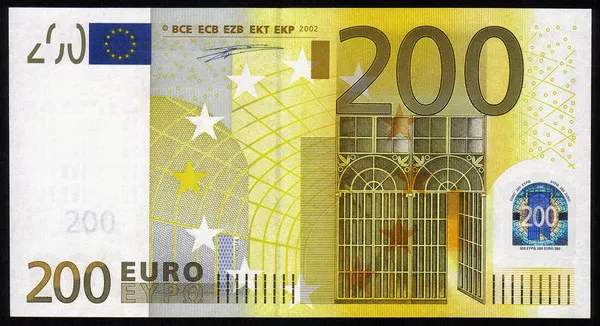Yesterday’s response to economic data from the Eurozone (EMU) and the United States indicates a strengthening foundation beneath core bond yields, following a significant correction in November and December. A new uptick in German and French inflation, driven by energy-related base effects and travel-related services costs, has contributed to the resilience of the market. While in line with forecasts, the monthly price momentum was softer than anticipated.
Notably, these same figures would have spurred a bond rally last month, but instead, they had the opposite effect, causing German yields to rise by 7.2 bps (30-yr) to 11.9 bps (5-yr). The German 10-yr yield is attempting to break free from the steep downward trend channel in place since December, bouncing off the 2% mark. Closing above 2.16% today could signal an end to the correction, turning the technical outlook more neutral, with initial resistance around 2.32% (38% retracement on October to December yield decline).
Aggregate EMU inflation figures are anticipated at 0.2% M/M and 2.9% Y/Y (from 2.4%) for the headline reading, while core inflation is expected to decelerate from 3.6% Y/Y to 3.4% Y/Y. Deviations from consensus are expected to be minor after national outcomes, and anything but a major downside surprise may keep Bunds under pressure.
The focus now shifts to the US, with December payrolls and services ISM taking center stage. Yesterday’s consensus-beating labor market data extended the bond sell-off that originated in Europe, resulting in a 5.4 bps (2-yr) to 8.3 bps (10-yr) increase in US yields. The US 10-yr yield has regained the psychological 4% mark and is attempting to break free from the corrective channel in place since the November Fed meeting, with a 38% retracement target at 4.25%. The natural drift higher in yields since year-end may persist unless significant data misses occur, potentially aiding the dollar‘s recovery, especially if risk sentiment falters due to rising bond yields.
In other news, the Czech Finance Ministry reported a 20% decline in the Czech Budget deficit for 2023 to CZK 288.5bn, below the target of CZK 295bn. The reduction in the deficit was attributed to a 17% increase in income and an 11% rise in overall expenditure, primarily driven by higher pension costs and support to mitigate the impact of elevated energy prices. On the income side, a windfall tax on energy companies and banks contributed to the positive fiscal performance.
Meanwhile, UK PM Sunak hinted at the possibility of Parliamentary elections in the autumn of this year, with a legal deadline in January 2025. The proposed spring budget is expected to address key pledges, including halving inflation, economic growth, immigration control, NHS waiting lists reduction, and national debt reduction. So far, only the inflation target has been achieved, dropping to 3.9% in November after reaching a peak of 11.1% in October 2022.



























